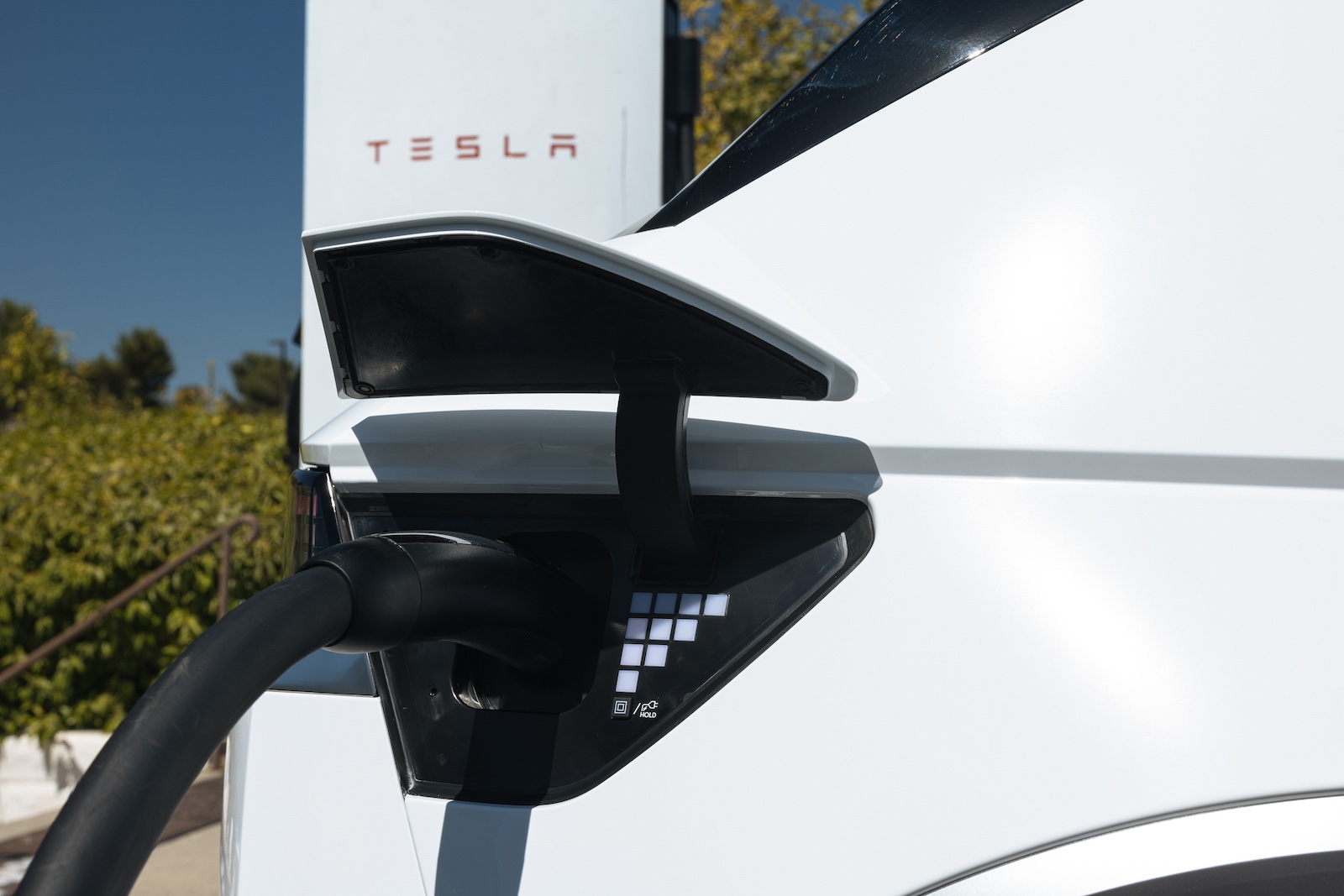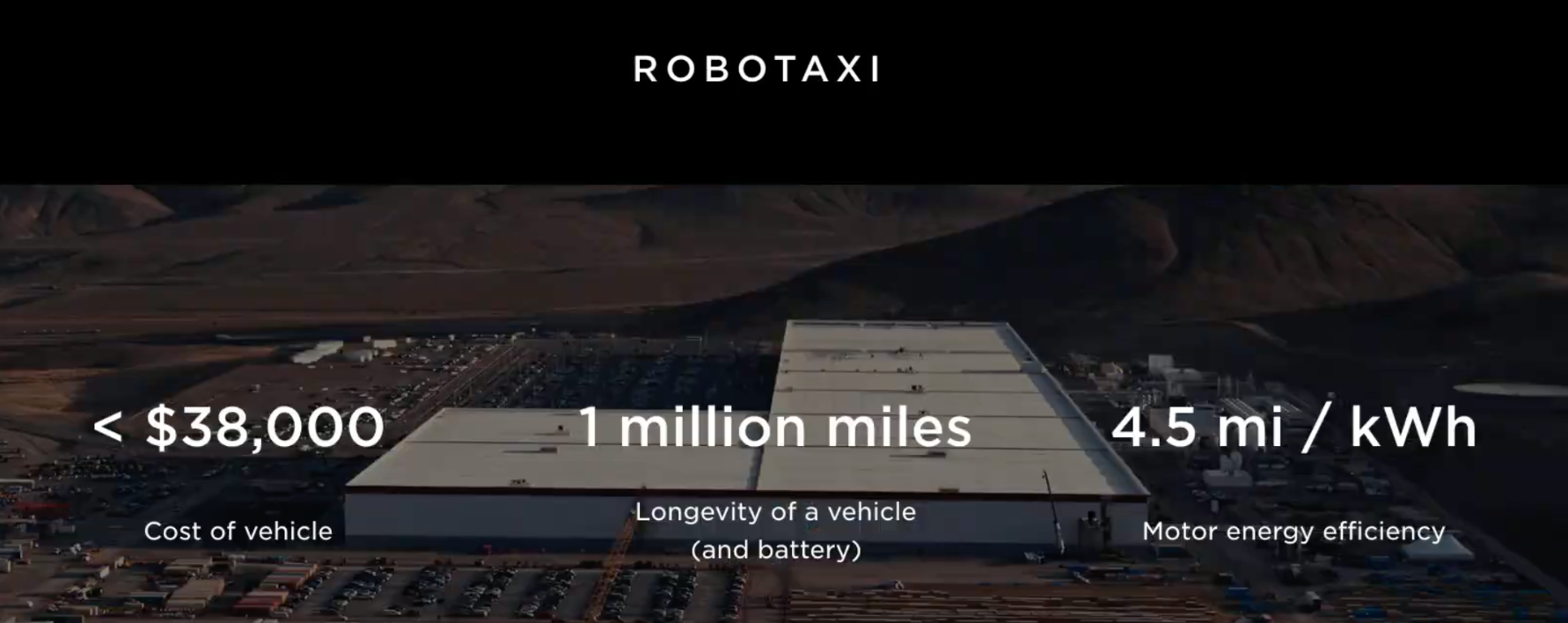European silicon producer Elkem remains confident that mounting trade restrictions in the EU and the US will not significantly impact silicon metal prices or availability, citing the material’s strategic importance and strong regional demand fundamentals.
However, market participants report continued uncertainty in the silicon metal market and confusion surrounding Elkem’s decision to classify its silicones segment as held for sale and discontinued operations.
“Both the EU and the US need Elkem’s products and silicon metal, and it’s on the list of strategic raw materials in both regions because it goes into so many critical value chains,” Elkem chief financial officer Morten Viga told investors and the press during the company’s fourth quarter earnings call on Wednesday February 12. “There is a shortage position in both markets, so we believe it’s not realistic that these regions will implement any major trade tariffs because that would really hurt themselves.”
“North America needs silicon metal and ferro-silicon specialties because they’re not big producers,” a European market participant said, naming Ferroglobe and Mississippi Silicon as the only two other major players in the these materials. “Apart from that, there’s no more production… so let’s see [if the industry will be affected by more] policy [announcements] from [the] Trump administration.”
The comments come amid ongoing European Commission investigations into silicon metal imports and potential safeguard measures.
“We are part of it and supporting these initiatives,” Viga said.
Trade barriers and disruptions in the silicon metal industry
In response to Fastmarkets’ question as to whether trade-related actions would affect Elkem’s supply chain or sourcing strategy in Europe, Viga said: “This could potentially have an impact. When it comes to trade tensions in general, I think we’re currently in very unpredictable territory. It’s difficult to say what will actually be implemented.”
To date, the US has yet to impose tariffs specifically on silicon metal, aside from the 10% tariffs on all imports from China, effective February 4.
Viga pointed to several “initiatives being taken by the new US administration that are clearly under negotiation.”
“As I mentioned in my presentation,” he said, “the products we represent are generally ones where our key markets are net importers. This should indicate that the impact on pricing would, in a way, balance out any new tariffs. However, I don’t want to speculate… I know there is a lot of concern about this, and of course we support free trade.”
The European market has maintained relative price stability at lower levels, while US prices remain notably higher.
Current market prices reflect regional divergences
Fastmarkets’ silicon grade 553, min 98.5% Si in-warehouse Rotterdam was last assessed at €2,200-2,300 ($2,312.09-2,417.19) per tonne on Friday February 14, stable since February 7.
Silicon grade 441, min 99% Si in-warehouse Rotterdam was assessed at €2,250-2,400 per tonne on Friday, down by €50 per tonne from €2,300-2,450 on February 7 with sources reporting little demand in the spot market.
In the US, Fastmarkets assessed silicon, ddp US at 130-140 cents per lb on Thursday February 13. The price has been stable since January 23, when it decreased by 1.82% from 130-145 cents per lb. Market participants have been mentioning low liquidity as the market is well stocked with the metal.
Meanwhile, Elkem’s presentation noted that Chinese silicon prices having declined to new lows, pressured by overcapacity and weakness in the polysilicon sector.
Fastmarkets’ weekly price assessment for silicon, export, 98.5% Si min, fob China was $1,450-1,530 per tonne, widening downward from $1,470-1,530 per tonne, it’s lowest level since October 9, 2020. The price has declined by 11.31% from $1,660-1,700 per tonne on November 1, 2024.
“The weakness in silicon prices in recent years have forced many leading polysilicon producers to cut production or undergo facilities maintenance due to the oversupply in photovoltaic industry,” a China-based silicon trader said.
Silicon metal supply chain adjustments and capacity management
Elkem announced production curtailments at its facilities in Norway and Iceland for the first quarter of 2025, citing planned maintenance and power-related constraints. The company typically conducts major furnace relining every 15-20 years, with chief executive officer Helge Aasen explaining that this maintenance strategy allows them to “run full blast when the market picks up again.”
The broader industry has seen production suspensions across various regions as manufacturers grapple with weak demand, low prices and high energy costs, according to Aasen.
Despite these challenges, Elkem revealed that recent capacity expansions in China have exceeded performance targets, while its French operations are scheduled to reach full capacity during the first half of 2025.
Market outlook for European silicon producers and key regional dynamics
The automotive sector, a key end-market for silicon metal, continues to show mixed signals across regions, continued Aasen. Chinese auto production reached 31.3 million units in 2024, marking a 4% increase from 2023.
However, Aasen pointed out that China’s property market has remained in a severe downturn since 2021, with new housing projects down by 23% compared with 2023 and 39% compared with 2022.
Following a September 2024 stimulus package, China implemented additional monetary, property, and fiscal measures expected to boost domestic consumption in 2025.
Elkem expects European automotive production to be stable around 17 million units, facing headwinds from electrification challenges and stagnant demand.
“[It’s] difficult to make a prediction these days,” a second European market participant said. “So much uncertainty in the market.”
Looking ahead, Elkem is pursuing expansion opportunities in emerging markets.
“We want to expand in India and Southeast Asia, where there are numerous opportunities to utilize our technology and market leadership to make a difference,” Aasen said, but added that specific projects cannot be disclosed at this time.
Financial performance amid market uncertainty
Despite challenging market conditions, Elkem’s silicon products division reported improved fourth-quarter results. The division recorded total operating income of 3.748 billion Norwegian krone ($333.58 million) in the fourth quarter of 2024, down 9% from 4.13 billion krone ($367.55 million) in the fourth quarter of 2023, while earnings before interest, taxes, depreciation and amortization (EBITDA) reached 624 million krone ($55.55 million), up by 56% from the same quarter last year.
The improved EBITDA was primarily attributed to lower raw material costs and enhanced product sales mix, though the division noted particularly weak demand from aluminium and steel markets.
For the full year of 2024, the division reported total operating income of 15.506 billion krone ($1.379 billion), down by 13% from 2023, with EBITDA of 2.864 billion krone ($254.92 million), also down by 13% from 3.304 billion krone ($294.02 million) in the previous year.
The company maintained that its regional business model, where most raw material sourcing, production and sales occur within respective geographic regions, provides natural hedging against potential trade disruptions.
However, Elkem expects market uncertainty to persist into 2025, with first-quarter performance affected by the Lunar New Year holiday period and scheduled maintenance work.
Leticia Simionato in São Paulo and Jessica Long in Shanghai contributed to this report.
Gain access to expert market insights! Connect with us for the latest analysis on global silicon metal supply chain, pricing trends, and trade dynamics.




